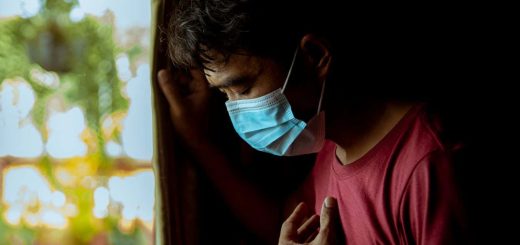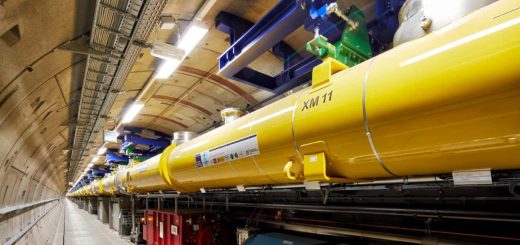Covid-19 and flu may reawaken dormant cancer cells in the lungs
Mice with a handful of cancerous cells in their lungs experienced a 100-fold increase to this number after being infected with swine flu
By Carissa Wong
30 July 2025
Lung tissue samples from mice, showing the nuceli of cells (blue), cancerous cells (green) and markers of proliferation (magenta)
Bryan Johnson
Respiratory viruses may activate the growth of dormant cancer cells that have spread to the lungs from elsewhere in the body. Infections like flu seem to spark an inflammatory response that helps the immune system fight off the microbial invader, but has negative consequences for cancer progression.
Cancer deaths often occur when tumour cells migrate from their original location in the body. It is difficult to detect when this occurs, as these cells can lie dormant – not dividing – for years or even decades at their new site before they form tumours.
Read more
mRNA cancer therapy now in human trials after shrinking mouse tumours
Advertisement
What triggers these cells to eventually proliferate is unclear, but prior studies suggest that when cancer cells reach the lungs, inflammation caused by respiratory viral infections may play a role. “But no one had really done the studies to really establish cause and effect,” says James DeGregori at the University of Colorado.
To fill this gap, DeGregori and his colleagues used mice that were genetically engineered to grow tumours in their mammary glands. At around 2 months old, each mouse had mammary gland tumours and fewer than 10 dormant cancer cells in their lungs.
The team then infected half of the mice with the H1N1 strain of the influenza virus, also known as swine flu, making them sick for about two weeks. Nine days post-infection, the number of cancer cells in their lungs had increased 100-fold, but hardly changed in the uninfected mice.


